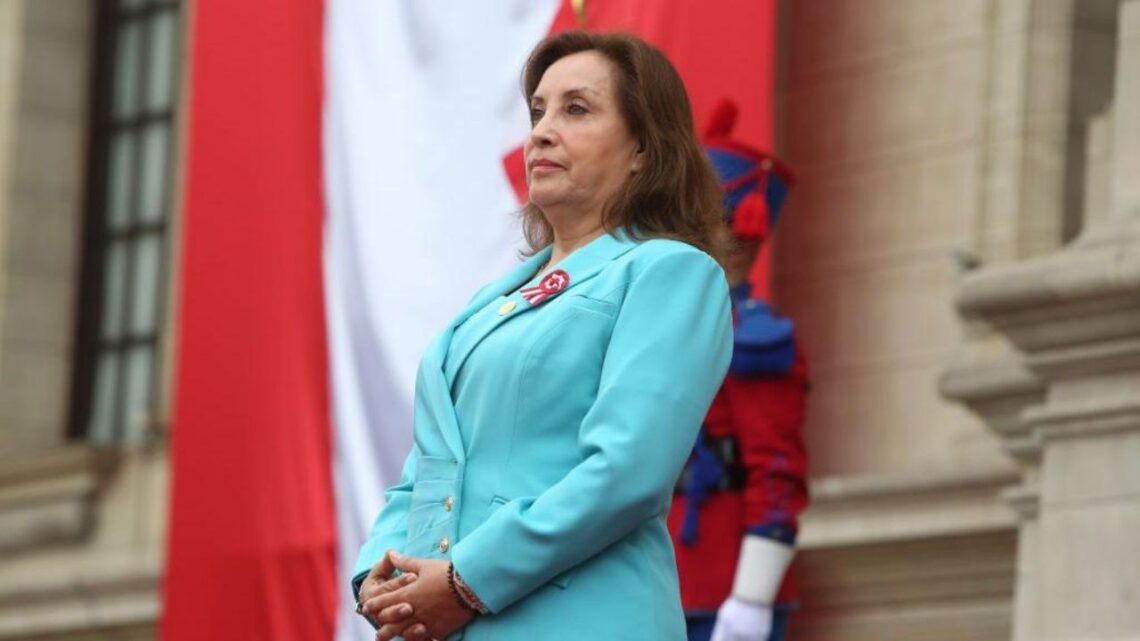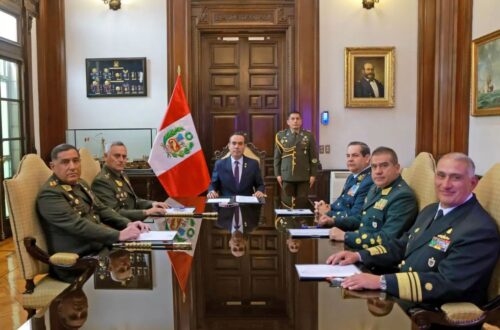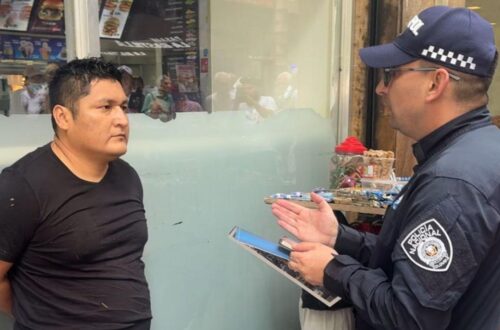Peru has entered another historic turning point. On October 11, 2025, Congress voted to remove President Dina Boluarte from office for “permanent moral incapacity.”
Lawmakers tied the decision to escalating public-security concerns, corruption controversies, and a collapse in political support.
With just months to go before the next national elections, the country now faces the dual challenge of restoring security and stabilizing institutions.
Why Congress Moved to Impeach
Opposition parties and several independents consolidated behind the motion after months of tension. The case against Boluarte focused on three pillars:
- Public safety: A sustained surge in extortion, contract killings (sicariato), and armed robberies left families, small businesses, and regional authorities demanding stronger action.
- Governance and accountability: Ongoing corruption controversies and a fractious relationship with Congress eroded support for the presidency.
- Institutional fatigue: After years of rapid leadership turnover, lawmakers argued that a reset was necessary to protect the rule of law and prepare for a credible transition.
Who Is in Charge Now?
Under the constitutional line of succession, the president of Congress was sworn in as interim head of state. This caretaker leadership has pledged to:
- Prioritize security operations against extortion, contract killings, and cross-border gang activity.
- Protect macroeconomic stability and coordinate closely with the finance, interior, and defense ministries.
- Maintain the electoral calendar, ensuring a transparent process leading into 2026.
Crime Trends Driving the Crisis
Peruvians have faced a troubling shift in daily safety.
Residents in coastal hubs and border corridors report rising extortion schemes, targeted killings, and street robberies affecting delivery drivers, shopkeepers, and commuters.
Authorities have repeatedly declared targeted states of emergency and expanded joint police–military patrols in high-risk zones.
While these actions disrupted some criminal networks, lawmakers concluded that results were too slow and uneven to match the pace of organized crime.
Key Facts at a Glance
| Item | Detail |
|---|---|
| Impeachment date | October 11, 2025 |
| Removed leader | Dina Boluarte |
| Ground cited | “Permanent moral incapacity” |
| Successor | Head of Congress sworn in as interim president |
| Primary trigger | Nationwide crime surge (extortion, sicariato, robberies) |
| Security response | States of emergency, joint operations, hotspot interventions |
| Political outlook | Transitional government maintaining path to next elections |
What Changes Now
1) Security first: Expect larger, intelligence-driven operations against extortion rings; tighter control of prison-based rackets; and improved forensic and digital investigation to dismantle networks rather than only detaining foot soldiers.
2) Institutional stabilization: The interim administration is framing itself as a caretaker, seeking agreements with Congress on public safety, budget continuity, and election guarantees.
3) Economic signaling: Business groups will watch for predictable rules, cabinet cohesion, and tangible reductions in violent crime—all prerequisites for renewed investment and tourism confidence.
What to Watch
- Emergency decrees targeting hot-spot districts and border crossings.
- Prosecutorial actions in corruption cases that shaped the political backdrop.
- Police reform and resourcing, including analytics, community policing, and witness protection to break extortion cycles.
- Election timeline clarity, including safeguards for domestic and international observation.
Peru’s decision to remove Dina Boluarte marks a decisive—if contentious—attempt to confront an urgent security crisis while resetting political leadership.
The new interim government’s credibility will hinge on visible reductions in extortion and violent crime, transparent governance, and a steady march to elections.
If those three fronts advance together, Peru can convert a moment of turmoil into a path toward safer streets, stronger institutions, and renewed public trust.









